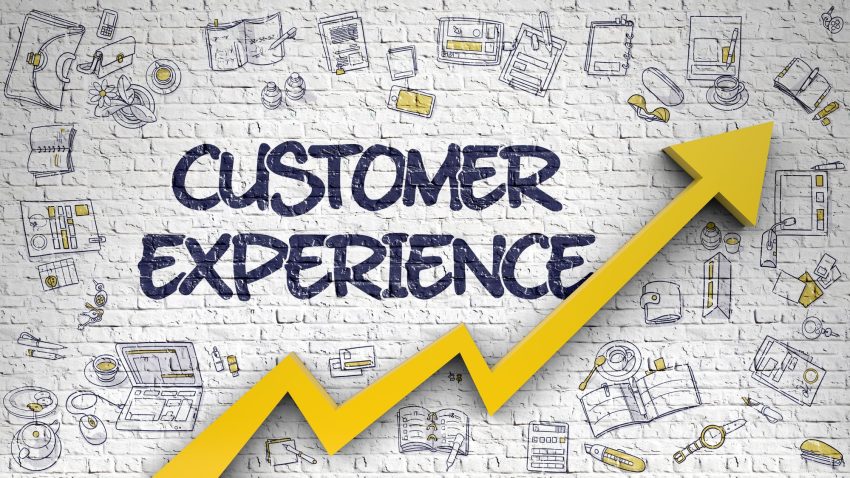Personalized Customer Support: Enhancing Satisfaction

Providing excellent customer support is crucial for any business aiming to build strong relationships with its clientele. While traditional customer service methods have their merit, personalized customer support has emerged as a game-changer in enhancing customer satisfaction. This article explores the concept of personalized customer support and how it can revolutionize the way businesses interact with their customers.
Understanding Personalized Customer Support
Personalized customer support is a strategic approach that focuses on tailoring interactions and solutions to individual customers’ specific needs. It involves gathering and utilizing customer data to create personalized experiences that make customers feel valued and understood. Rather than providing generic responses, businesses utilizing personalized customer support aim to build one-on-one connections with their customers.
The Benefits of Personalized Customer Support
1. Enhanced Customer Satisfaction: Personalized support leads to higher levels of customer satisfaction as customers feel valued and receive tailored solutions. This increases their overall experience and perception of the brand.
2. Improved Loyalty and Customer Retention: When customers feel understood and appreciated, they are more likely to remain loyal to a brand and continue doing business with them. Personalized customer support helps businesses establish long-term relationships with their customers.
3. Increased Customer Engagement: By personalizing customer support, businesses can engage customers on a deeper level. This leads to higher customer engagement, as customers feel connected to the brand and are more likely to provide feedback and recommendations.
4. Competitive Advantage: In today’s competitive business landscape, providing personalized customer support differentiates a brand from its competitors. Offering exceptional customer service can become a unique selling proposition that attracts new customers and retains existing ones.
Implementing Personalized Customer Support
1. Collect and Analyze Customer Data: To provide personalized support, businesses must gather relevant customer data, such as past purchase history, preferences, and demographics. This data can be obtained through customer surveys, website analytics, or purchase records. Analyzing this information helps businesses understand their customers better and tailor their support accordingly.
2. Training and Empowering Support Staff: Customer support representatives should be trained to provide personalized experiences. They should have access to customer data and be able to use it effectively. This includes addressing customers by name, understanding their purchase history, and having relevant information readily available during interactions.
3. Utilizing Technology: Technology plays a vital role in implementing personalized customer support. Customer relationship management (CRM) software can effectively manage customer data and provide support representatives with necessary information. Automation tools, such as chatbots, can also be used to enhance the efficiency of support processes while maintaining a personalized touch.
4. Feedback and Continuous Improvement: Personalized customer support requires ongoing evaluation and improvement. Collecting feedback from customers regarding their support experience can help identify areas for improvement. Taking this feedback into account and making necessary adjustments ensures that the personalized support remains effective and aligned with customer expectations.
Examples of Personalized Customer Support
1. Customized Recommendations: E-commerce platforms utilize personalized product recommendations based on customers’ browsing and purchase history. This provides customers with tailored suggestions, enhancing their shopping experience.
2. Personalized Email Communication: Sending personalized emails addressing customers by name and offering tailored promotions based on their previous purchases builds a personal connection and increases engagement.
3. Proactive Support: Businesses can use customer data to anticipate and address potential issues before customers even reach out for support. This proactive approach saves customers time and demonstrates that the business values their experience.
Conclusion
Personalized customer support has become a powerful tool for businesses to enhance customer satisfaction and build strong relationships. By understanding individual customer needs, leveraging technology, and implementing strategies that personalize support interactions, businesses can differentiate themselves from competitors and foster long-term customer loyalty. Embracing personalized customer support is essential in today’s customer-centric business landscape.


